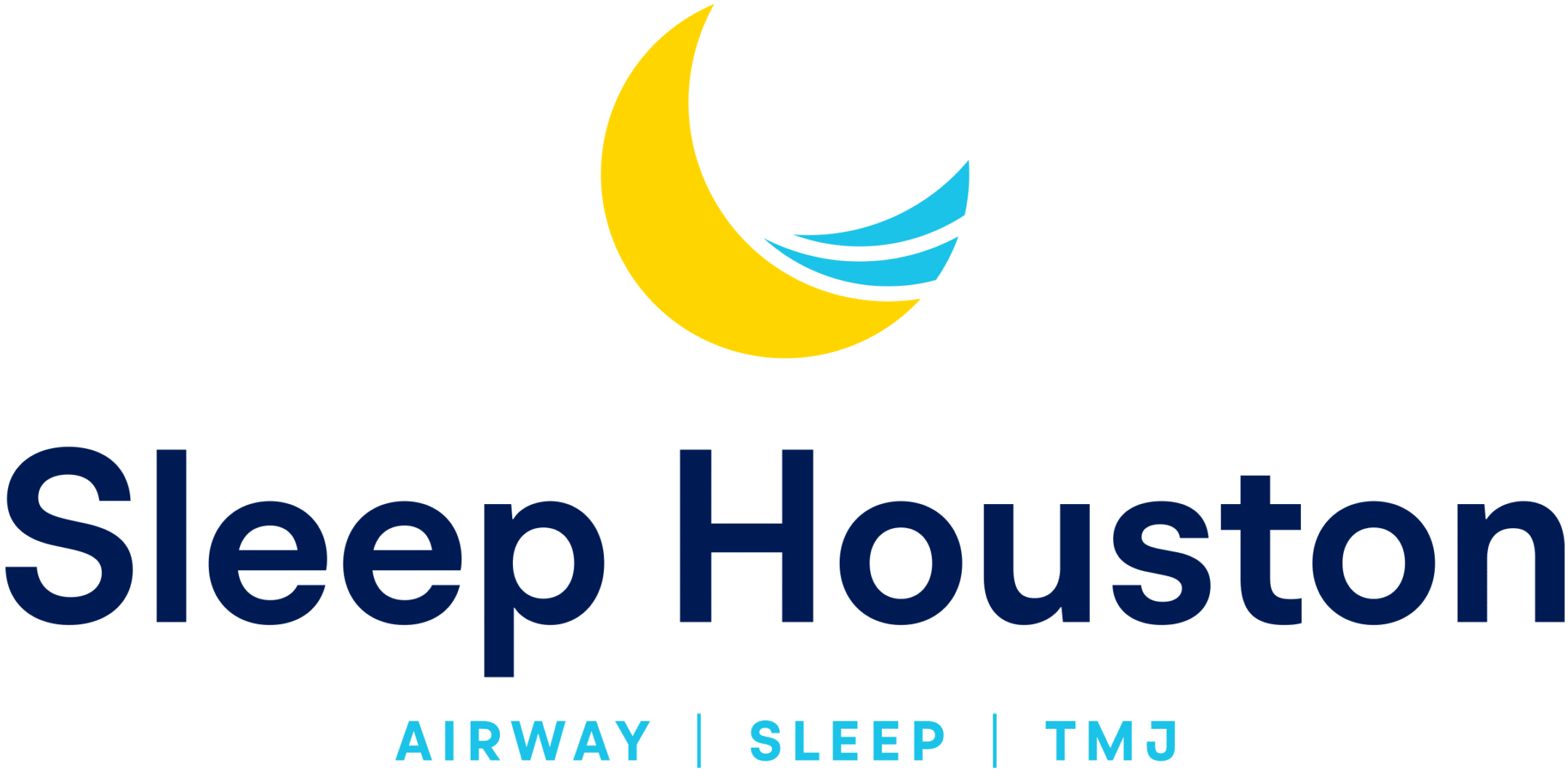Snoring is often viewed as humorous or innocuous, but experts say it’s a design flaw — and a danger signal

Many people may still regard snoring as a harmless element of the sleeping process — if frequently exasperating to spouses, partners and roommates — a distinctive buzzing, rattling sound often regarded cute in old people babies and dogs, and depicted with a string of comical Z’s by cartoonists.
Sullivan, however, said there is no such thing as “harmless” snoring. Sleep apnea, or related conditions in which a person temporarily stops breathing for 10 seconds or more while asleep, exists on a spectrum, he continued. When a person snores, that’s a red flag that they’re on this spectrum. It’s not healthy, and it’s not good news.
“Snoring is a forerunner of such disorders for so many people, probably the majority,” Sullivan said. With many patients he has seen, he continued, “it’s typical story that they were OK and they started snoring at 30 or 35 or whatever, and then it kept going, and then they developed apnea after nine or 10 years. And I think snoring isn’t good for you. It damages the airway, it interrupts your sleep, just like sleep apnea does.”
To understand why this is the case, we first have to understand the mechanics of snoring. When a human being or another mammal snores, it’s because air is flowing past the soft tissues in the pharyngeal airway, such as the tongue, soft palette and throat muscles. Instead of smoothly flowing into the subject’s lungs, air is passing through a number of impediments along the way, leading to an array of unpleasant rattling, rasping, hacking, wheezing and honking noises typically associated with snoring.
Because snoring has likely been around throughout humanity’s existence, it is tempting to dismiss these sounds as mere annoyances. But it only takes a few anatomical quirks for the cacophony of snoring to lead to extended periods when the sleeping person stops breathing — in other words, to full-fledged sleep apnea.
“Most simply, snoring can fragment sleep, robbing us of its full restorative benefits,” Dr Shereen Lim, a dental specialist in airway health and author of Breathe, Sleep, Thrive, told The Guardian last year. Lim added that snoring is also the most common symptom of OSA, observing that it is generally a sign of underlying health problems, and should not be dismissed or ignored.
While modern health care “focuses on diagnosing and treating OSA,” Lim said, that’s akin to “treating coronary artery disease rather than focusing on prevention and promoting health. Snoring is a symptom of poor airway structure and function. It plays out during sleep because our muscles are more relaxed, we are lying down, and reflexes that normally keep our airway open during the day are not active during sleep.”

